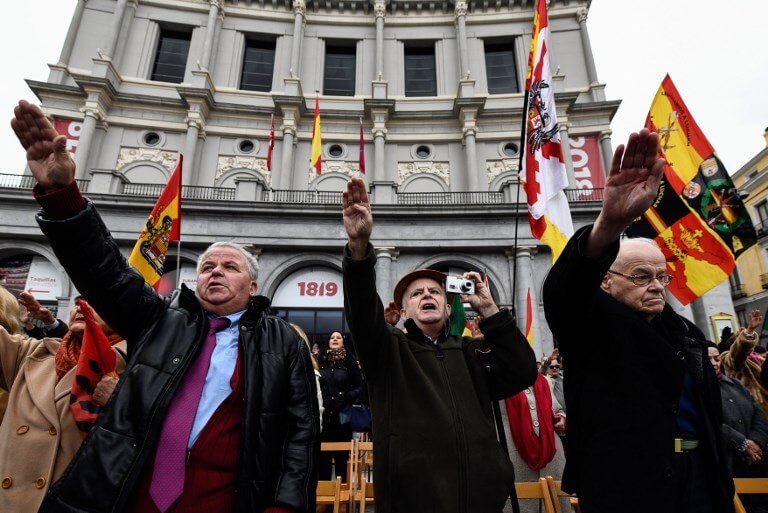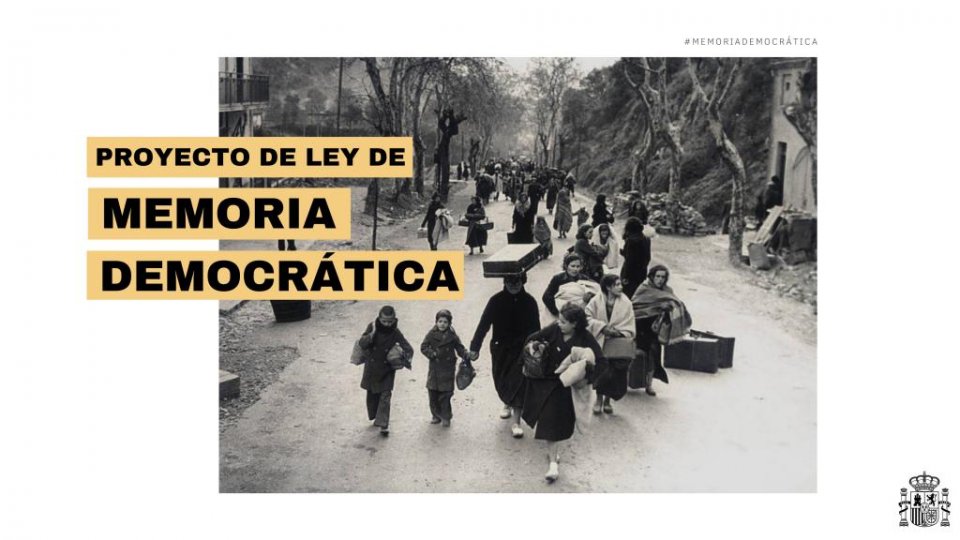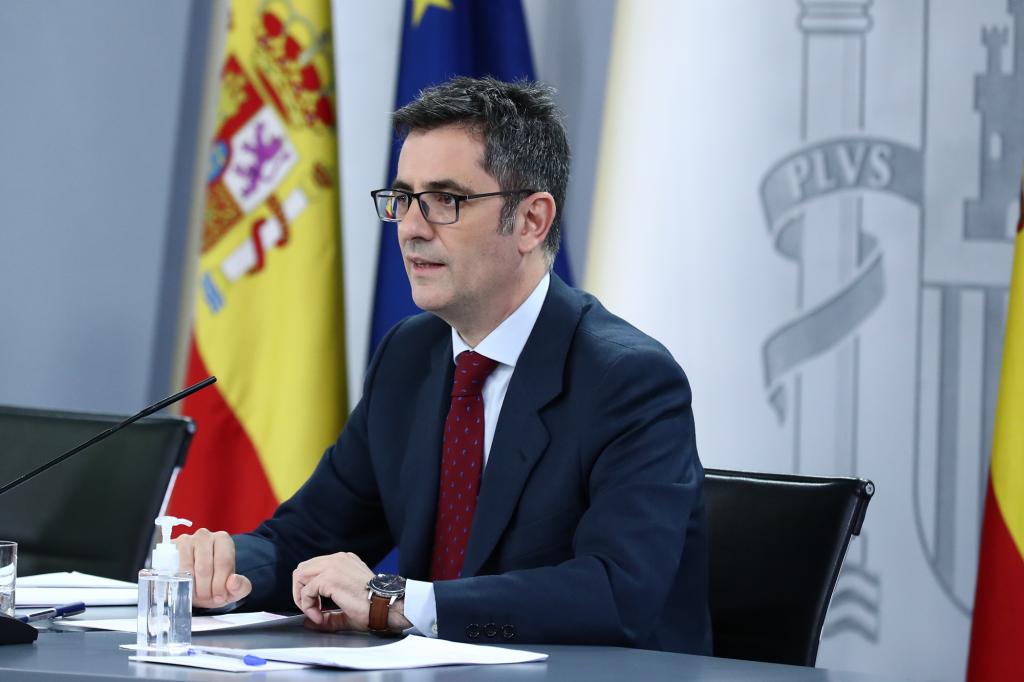The Spanish government has approved a new ‘Democratic Memory’ bill to tackle the legacy of Franco’s 1939-1975 dictatorship and the Spanish Civil War that preceded it, with various measures to honour those who suffered persecution or violence.
The ‘Law on Democratic Memory’ will now go to the Spanish Congress for a vote, and is likely to re-ignite a debate over freedom of expression and how the Franco regime is seen — an issue that still provokes strong emotions among many Spaniards.
14 years after Spain passed its first ‘Historic Memory’ law (2007), the government now aims to eliminate loopholes and cover a wider range of victims and crimes related to Francoism. It will also actively promote the search and exhumations of victims buried in mass graves. Under the 2007 law, the state only provided assistance to help families track relatives buried in unmarked graves.
With the new law, Spain’s left-wing PSOE–Podemos coalition government wants to outlaw expressions of support for Franco’s dictatorship, or anyone who ‘extols (Franco’s) coup and the dictatorship or extols its leaders, denigrating and demeaning the dignity of the victims of the coup, of the Civil War or of Franco’s rule.’ If passed into law, the bill will create two official remembrance days to honour the victims and the exiled, and an official registry of the victims will be set up.

More than 500,000 people died in the war between rebel nationalist forces led by Franco and defenders of a short-lived Spanish Republic. Franco then declared victory on 1 April 1939 and ruled ruthlessly until his death in 1975. Government estimates point to 114,000 civilians who disappeared, presumably killed, throughout the dictatorship. Campaign groups say more than 100,000 bodies are still in unmarked mass graves across Spain. Amnesty International has previously stated that only Cambodia has more mass graves.
The ‘Democratic Memory Law’ will make the state responsible for finding and identifying the bodies, rather than leaving the task to relatives. The bill will ensure public funding to search for missing persons, map mass graves, and create a DNA database to help identify the bodies.
ALSO READ (20/9/20): Spain drafts bill of ‘Democratic Memory Act’ to redress victims and legacy of Franco regime
ALSO READ (25/10/19): Franco removed but ‘Francoism still very present’, argue many
ALSO READ (16/2/19): Spotlight: ‘When you attack Franco, you attack over half of Spain’
Sign up for the FREE Weekly Newsletter from Spain in English.
Please support Spain in English with a donation.
Click here to get your business activity or services listed on our DIRECTORY.
Click here for further details on how to ADVERTISE with us.




